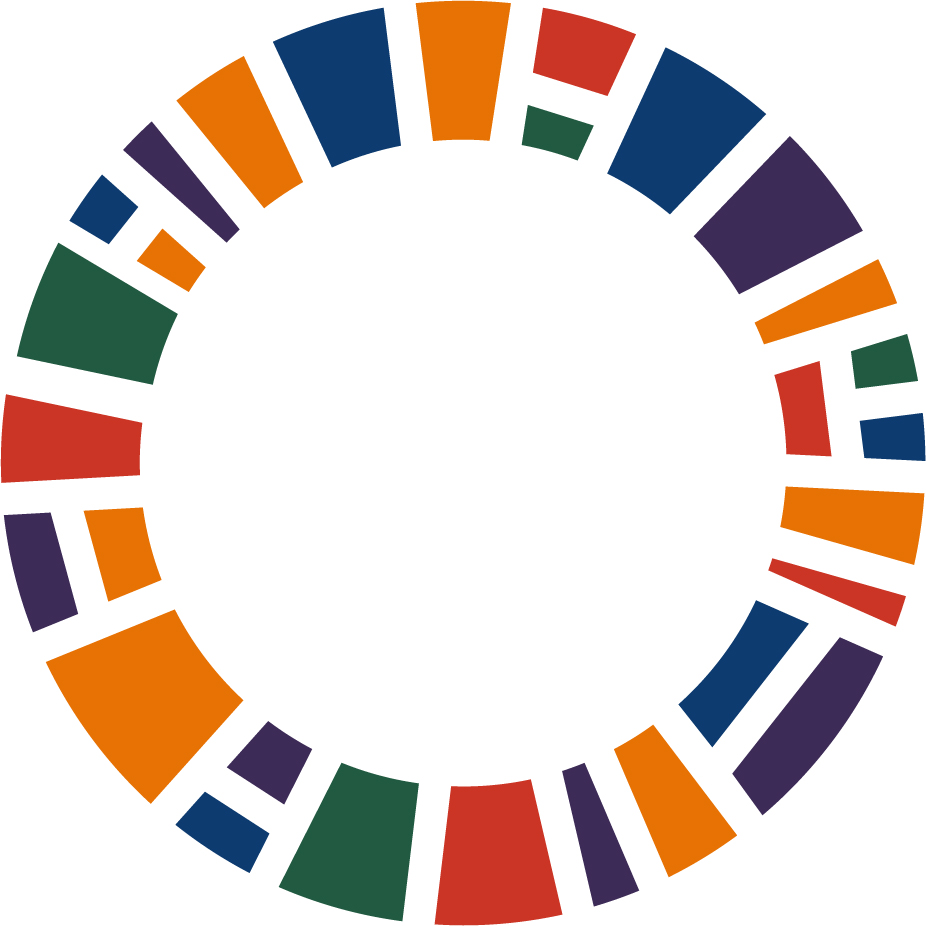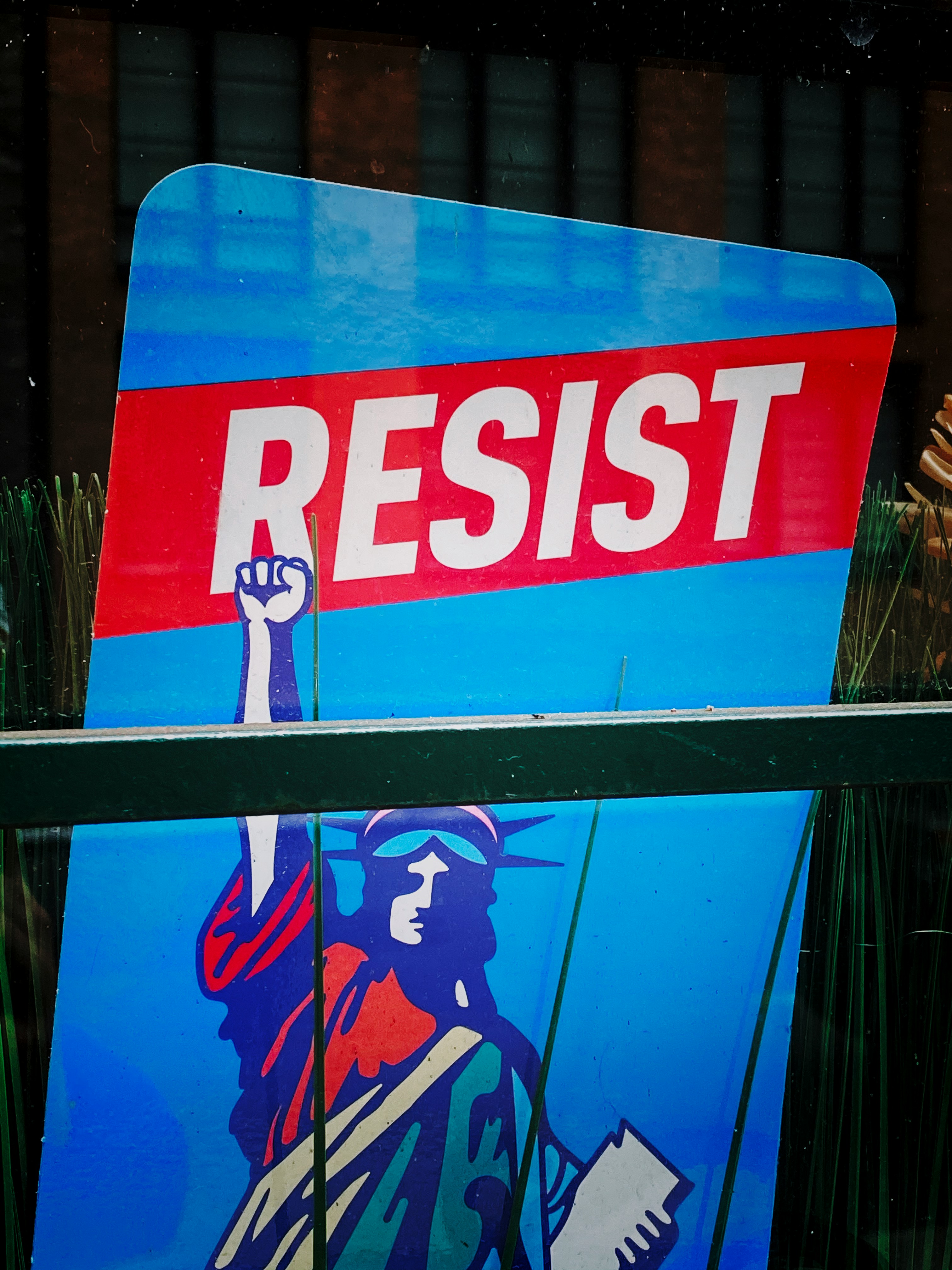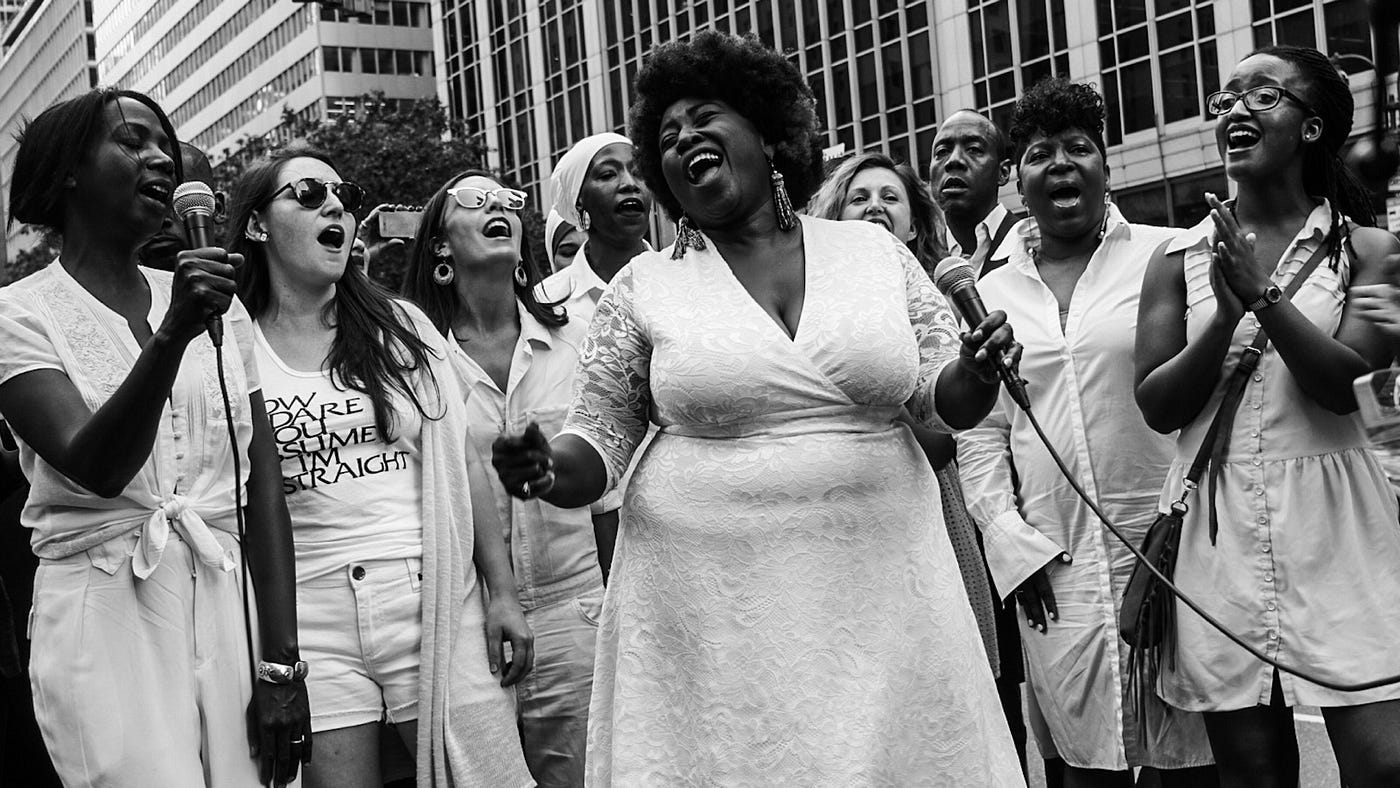
General
To Be A Faithful People
I was grateful to partner with Interfaith Alliance in our efforts to understand how our faith, and its traditions, can inform us in both secular and spiritual life. This work continues to be vital in an environment that appears to place one faith, Christianity as dominant above others and furthers a narrative that suggests that America was founded as a Christian nation. This is evidenced through the rise of “Christian Nationalism” and a recent election cycle that used the rhetoric of “America First” and a brand of Christianity that does not represent the life and ministry of its founder, Jesus.
As the pastor of a congregation here in Texas, it became apparent to me that I needed to both prepare myself and the people that I care for in my context for what seemed to be inevitable in November. Watching what was on the horizon and now living into its reality, it became clear that we needed to provide safe spaces for folks, regardless of faith tradition or political allegiance, to gather both on election day and the day after.
This sacred space included snacks, multi-sensory activities, and a labyrinth walk and was staffed by mental health workers and volunteers.
While we were unsure how this space would be received, attendance on both days made the effort more than worthwhile and, we believe, helped folks to process feelings and deescalated potential other outcomes that we have seen in the past, including violence and city unrest.
People of diverse faith backgrounds are imperative at this moment as we live into the central truths that unite us. It is the central truth of “Do unto others as we would have done to ourselves” or variations of this understanding that should guide us as we learn to deal with disagreement and the polarization that is palatable. We must lean into our understanding of God or higher power or something that is greater than ourselves as we find ways to unite and to bring our country back together again.
As a Christian, I am committed to examining my relationship with God, with others and myself as I hold myself accountable to the ways of justice and peace. This might mean resisting the injustices that might come our way. It might mean “calling out” ways that claim to be “Christian” but fall short of the call of the “Gospel”. It might mean bearing testimony on behalf of the marginalized, the oppressed, the vulnerable and those who have no voice. It might mean living more fully into the words of the One I worship who said, “Whatever you have done to the least of these, you have done it to me.”
I sincerely hope and pray that the activities that were a part of our response to anxiety and peace on the day before and the day after the election in November are not just activities on a calendar that we can point to in the past but are activities that create a commitment to “be a faithful people” in the days and months and years to come.
This piece was written by Rev. Dr. Neil Thomas.
Transcript

Announcing the 2025-2026 Interfaith Leadership Network Fellows
Interfaith Alliance is proud to announce the 2025–2026 cohort of the Interfaith Leadership Network, an extraordinary group of clergy, pro-democracy advocates, and community leaders advancing civil rights, inclusive religious freedom, and democracy in communities across the country. Through practical support, funding, and a powerful peer network, these fellows will mobilize interfaith collaboration to confront urgent local challenges and strengthen a pluralistic democracy.

One Year of The Trump Administration’s Attacks on Faith Communities and Abuse of Religion
Over its first year, the Trump administration has weaponized religion to advance a white Christian nationalist agenda, attacking faith leaders, houses of worship, immigrants, and religious minorities while undermining core principles of religious freedom. Even as federal power has been used to intimidate and exclude, faith communities across traditions have mobilized to defend democracy, pluralism, and the right of all people to practice their beliefs.

